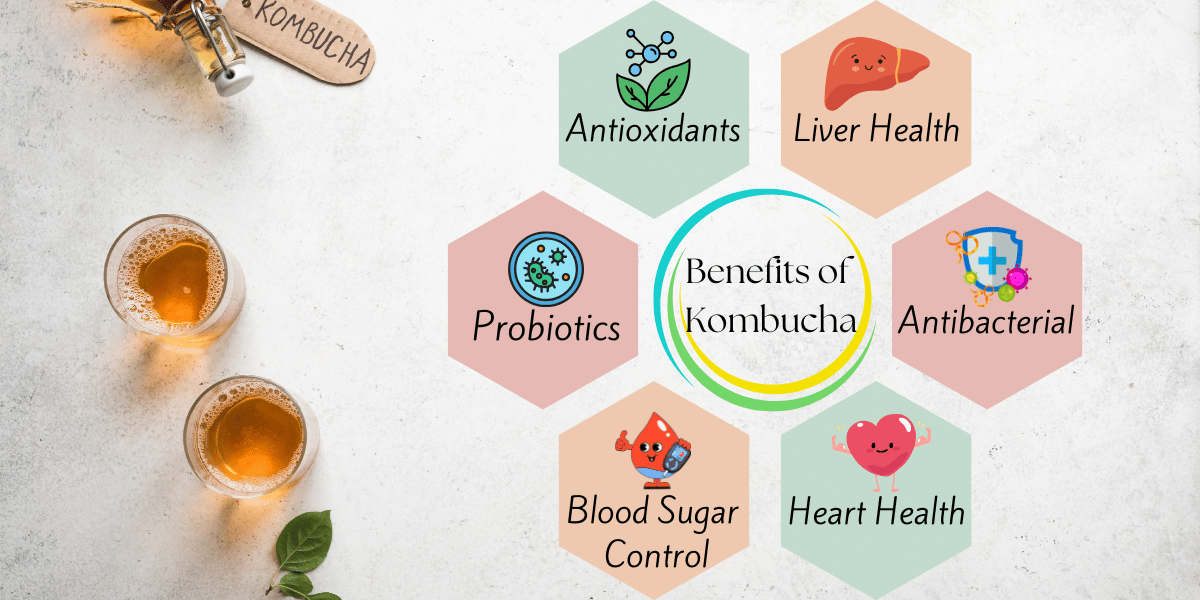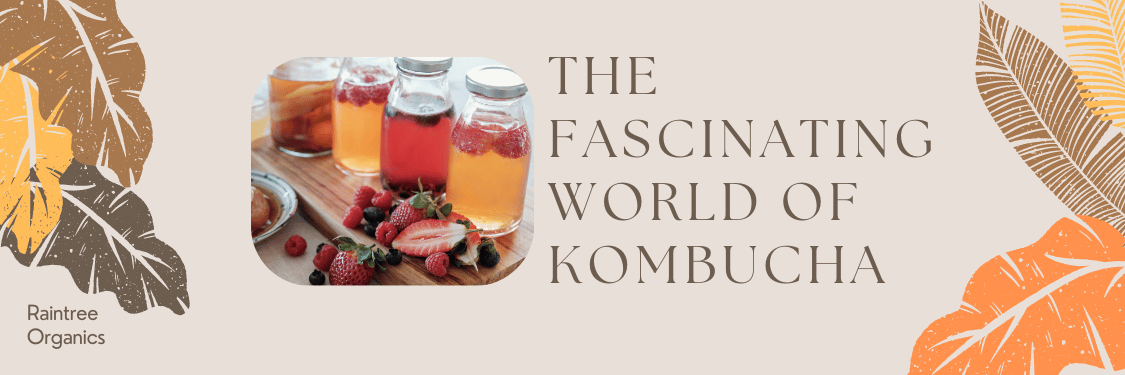🍃🌿Origin of Kombucha
Kombucha is a fermented tea that has gained immense popularity in recent years, but its roots trace back thousands of years. The exact origin of kombucha is somewhat shrouded in mystery, but it is widely believed to have originated in Northeast China around 221 B.C. during the Tsin Dynasty. In traditional Chinese Medicine, fermented tea was esteemed for its ability to address various health conditions, particularly digestive issues. Additionally, it was prized as an elixir that enhanced vital energy, known as qi. The practice of fermenting tea spread from China to Japan, where it was introduced by a Korean physician named Kombu, who is said to have brought the tea to the Japanese Emperor Ingyo. The name Kombucha itself is a combination of "Kombu" (the physician's name) and "cha" (the Japanese word for tea).
Kombucha spread along the Silk Road, reaching various parts of Asia and Europe. It was often referred to as the "elixir of life" or "tea of immortality" due to its supposed health benefits. Kombucha made its way to Russia in the early 20th century. It became popular among the Russian population and was brewed in rural areas, where it was known as "tea kvass".
During World War I, kombucha spread to new countries through Russian and German prisoners of war. It gained popularity in various parts of Europe. During World War II, the spread of kombucha slowed due to shortages of tea and sugar. However, it regained popularity in the post-war years, especially in Germany, where it was studied for its potential health benefits.
In the early 21st century, kombucha experienced a resurgence as part of the broader trend towards health and wellness. Increased awareness of probiotics and the benefits of fermented foods contributed to its popularity. Today, kombucha is widely available in health food stores, supermarkets, and cafes around the world. It is also commonly brewed at home, with many enthusiasts experimenting with different flavours and fermentation techniques.
💓Benefits of Kombucha
Kombucha is often touted for its numerous health benefits, although scientific evidence is still catching up. Here are some of the potential benefits:
- Probiotics: Kombucha contains beneficial bacteria and yeast, which can improve gut health by balancing the gut microbiome.
- Antioxidants: Especially when made with green tea, kombucha is rich in antioxidants, which help combat free radicals and reduce oxidative stress.
- Liver Health: Some studies suggest that kombucha can help detoxify the liver and improve its function.
- Antibacterial Properties: The acetic acid in kombucha has been shown to kill harmful bacteria, potentially reducing the risk of infections.
- Heart Health: Regular consumption of kombucha may help lower cholesterol levels and reduce the risk of heart disease.
- Blood Sugar Control: Kombucha may help manage type 2 diabetes by improving insulin sensitivity.

Homemade
vs. Store-Bought Kombucha
While store-bought kombucha is convenient, making your own at home has several advantages:
✅Cost-Effective: Brewing kombucha at home is significantly cheaper than buying it from the store. The initial investment in a SCOBY (Symbiotic Culture of Bacteria and Yeast) and brewing equipment is minimal compared to the ongoing cost of purchasing bottles. Effectively, homemade Kombucha will cost only as much as a black tea made at home, which is less than 5% of store brought Kombucha.
✅Healthier: Homemade Kombucha will have more beneficial bacteria and yeast. Commercially made kombuchas have a problem with over fermentation and excess carbonation. They could try to control carbonation and increase shelf life, which means there will be less bacteria and yeast present. Some of them might be pasteurized, which means there will be zero beneficial bacteria present.
✅Customization: Homemade kombucha allows you to experiment with flavours and sweetness levels, tailoring the brew to your personal taste preferences.
✅Freshness: Home-brewed kombucha is fresher and often contains more live probiotics compared to store-bought versions, which may lose potency over time due to pasteurization and storage.
✅Environmental Impact: By brewing at home, you reduce the need for single-use plastic bottles and packaging, making it an eco-friendlier option.

